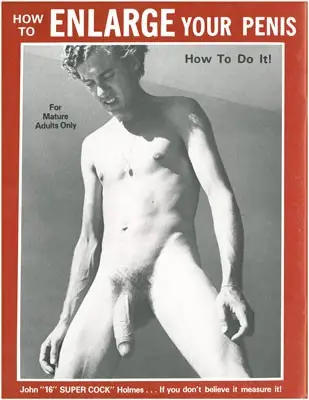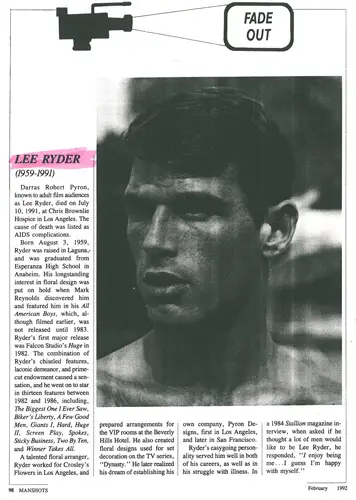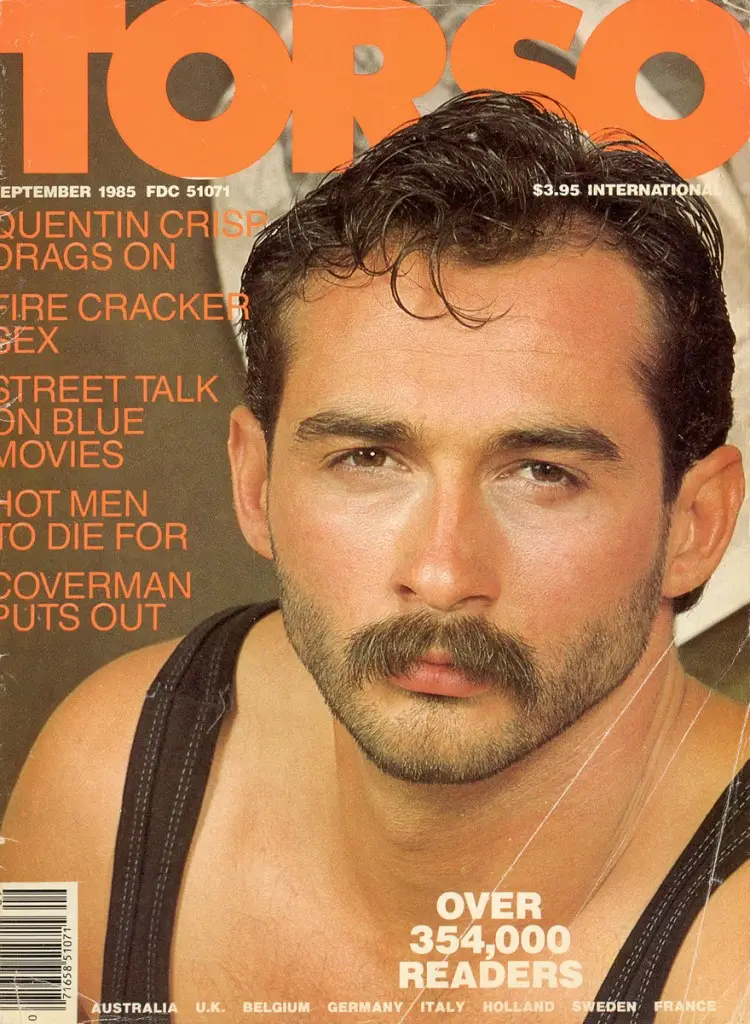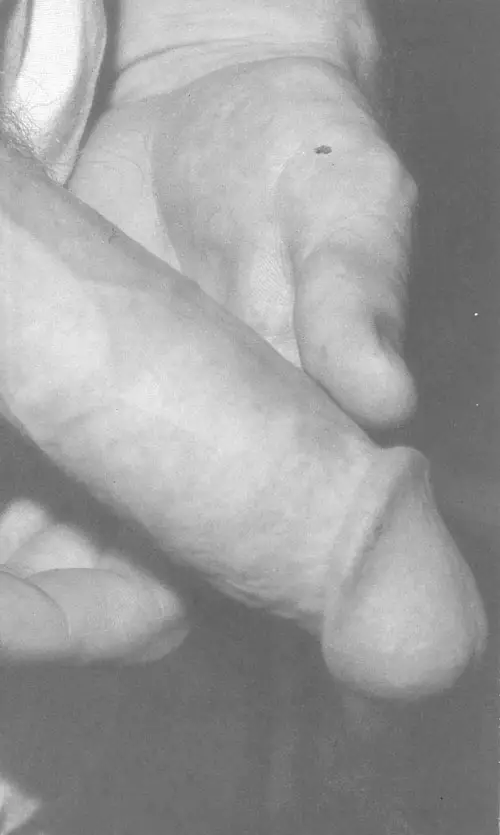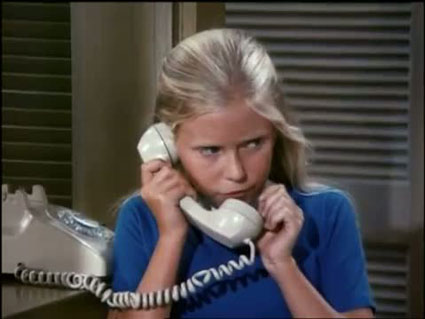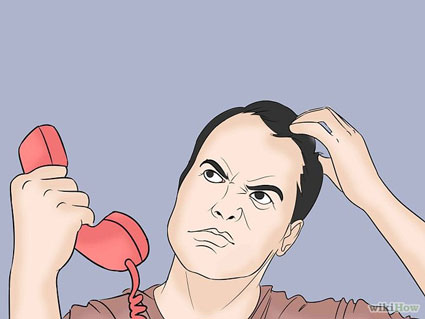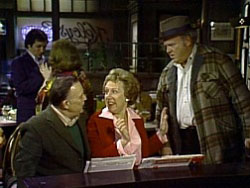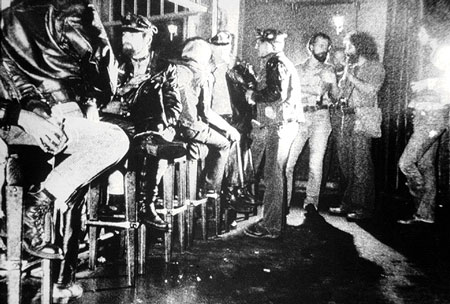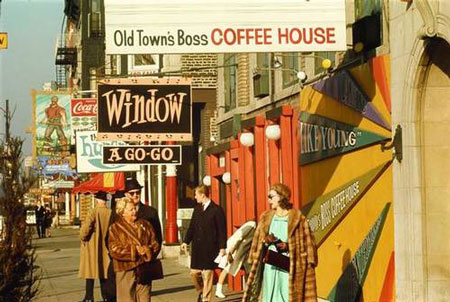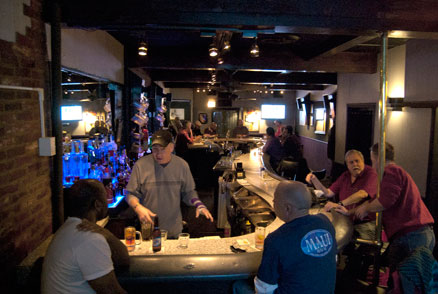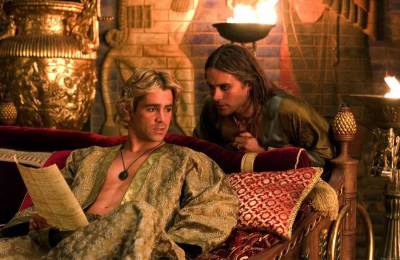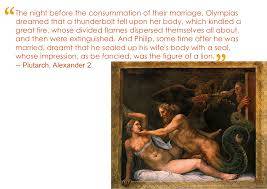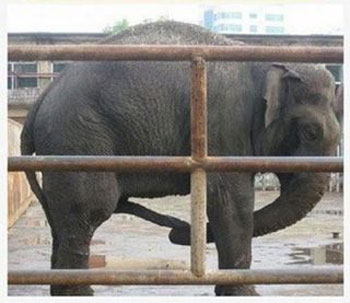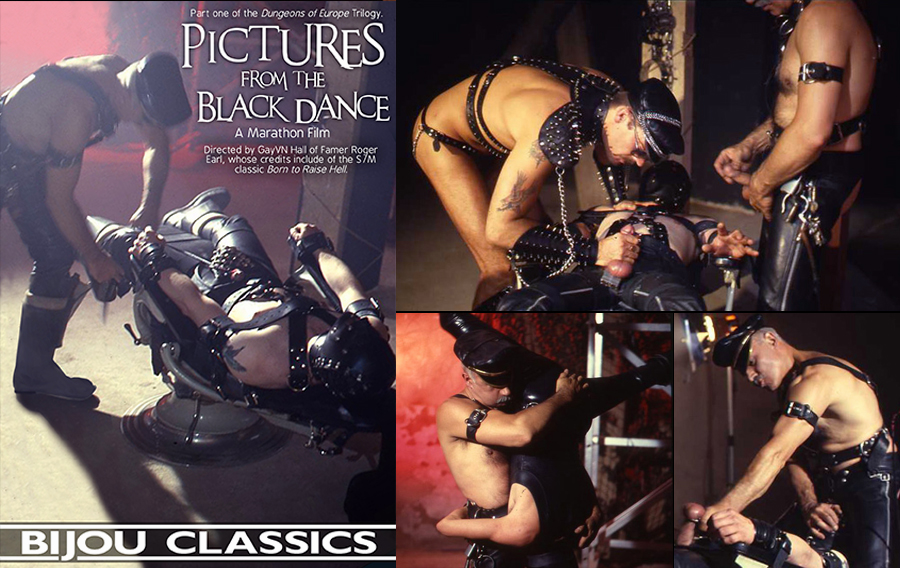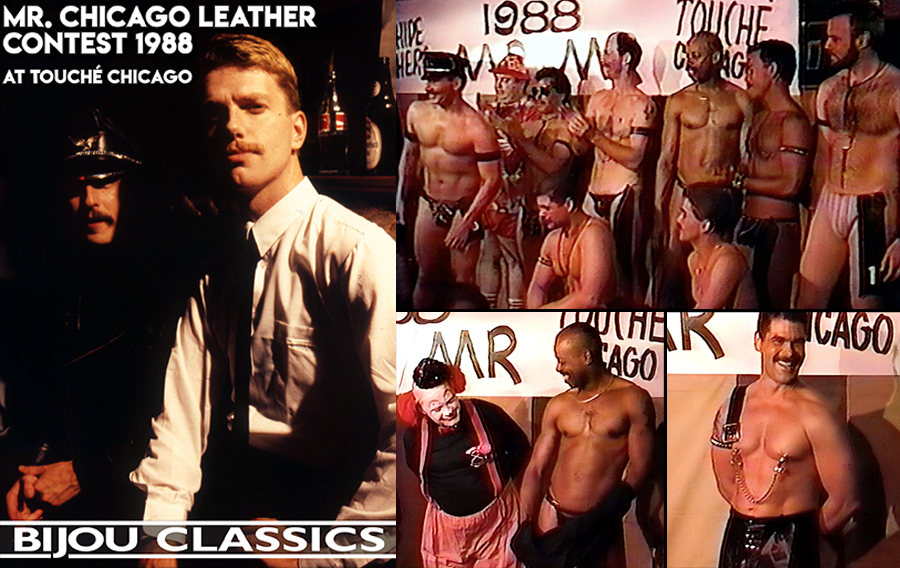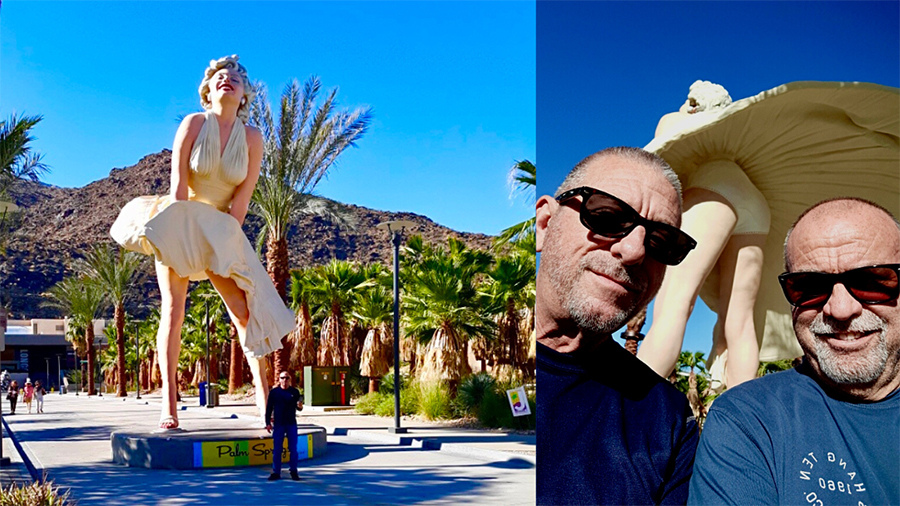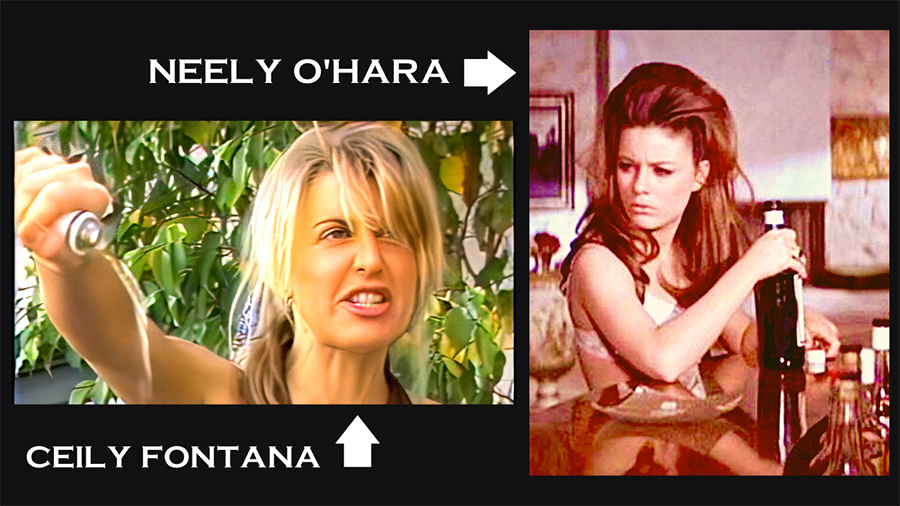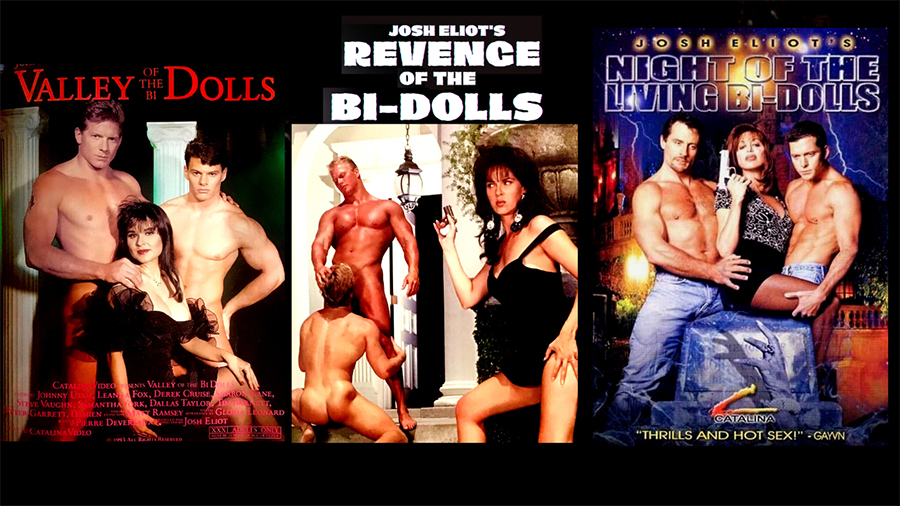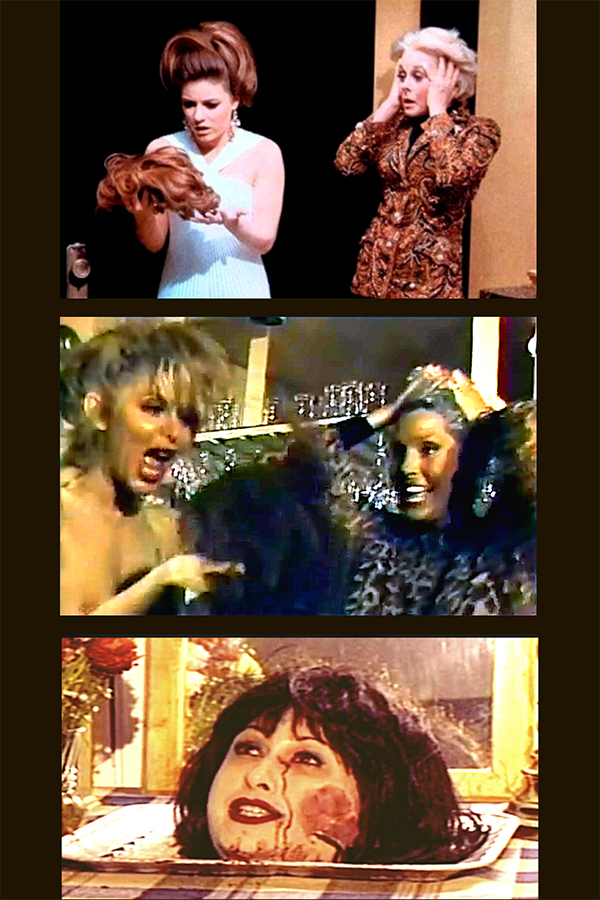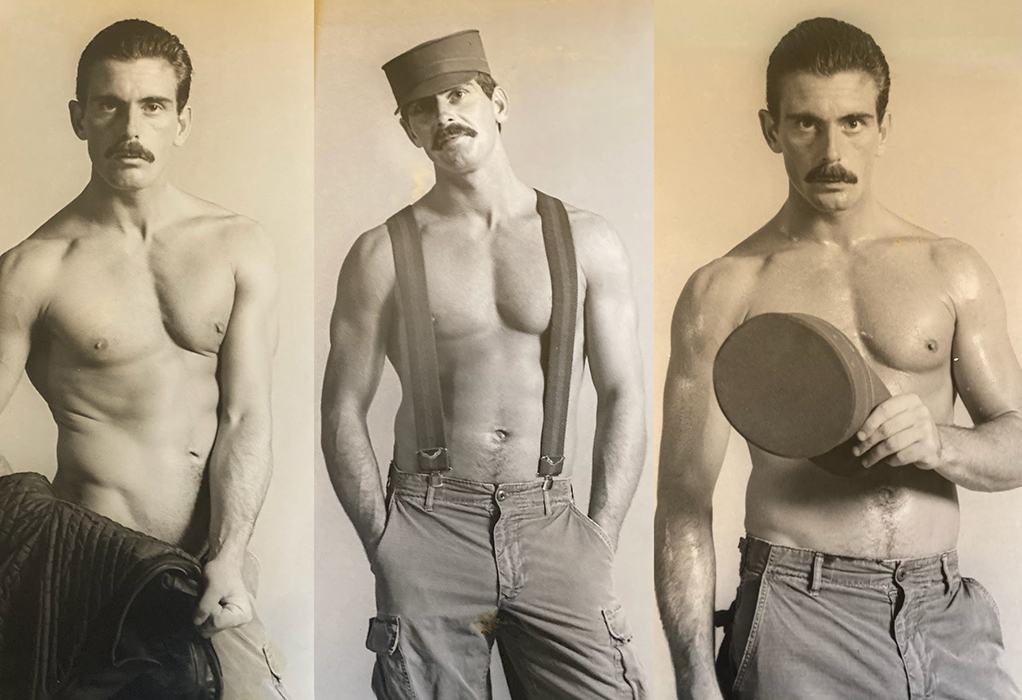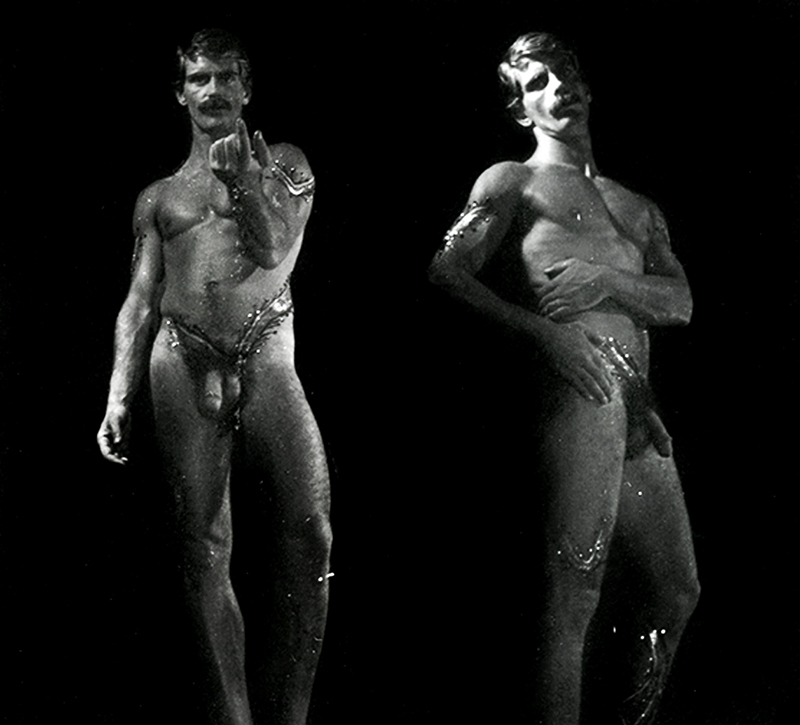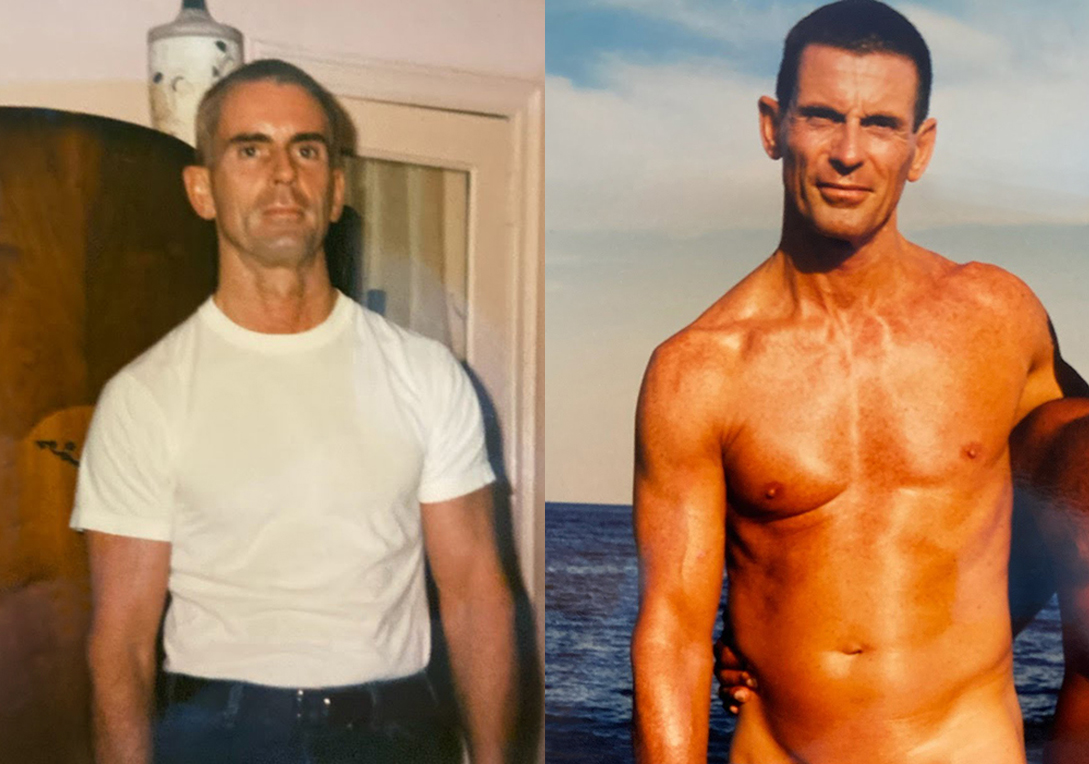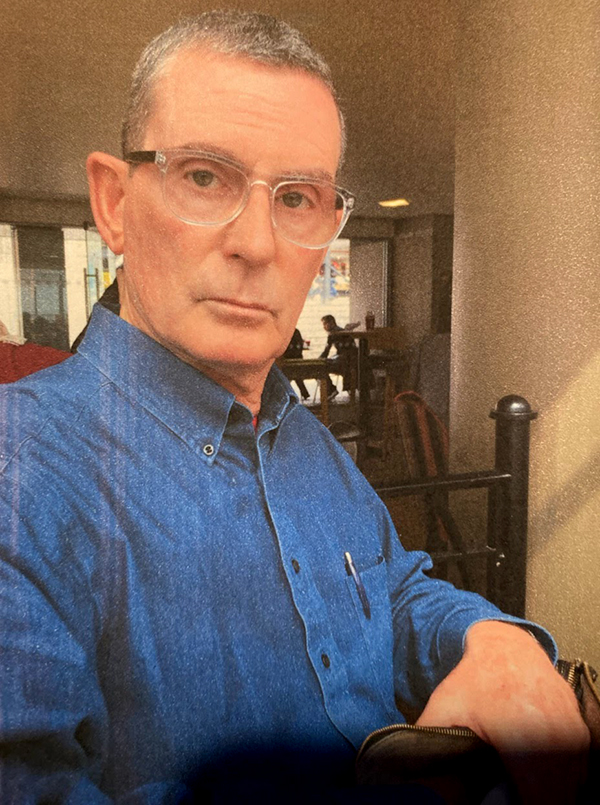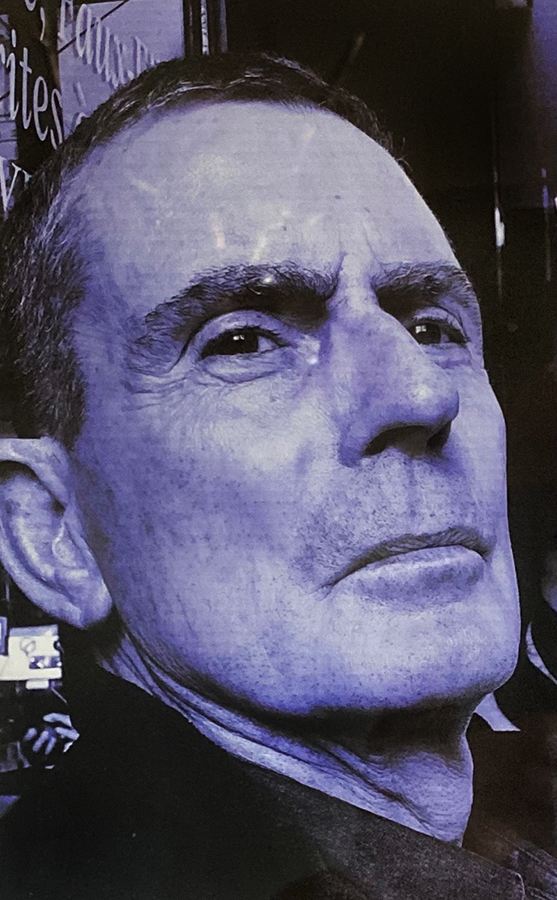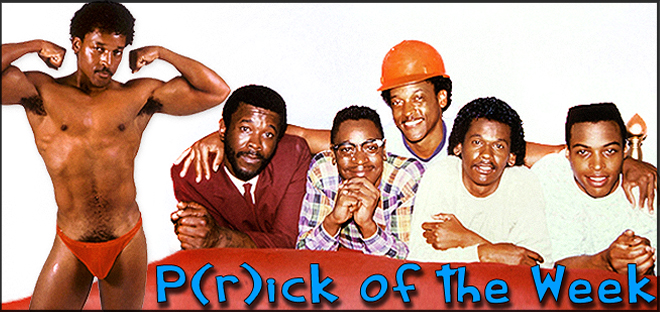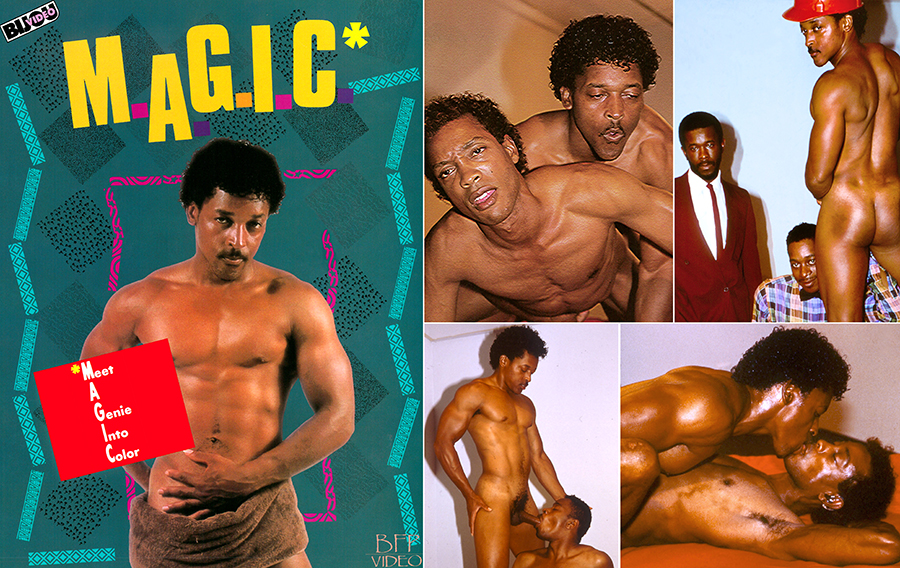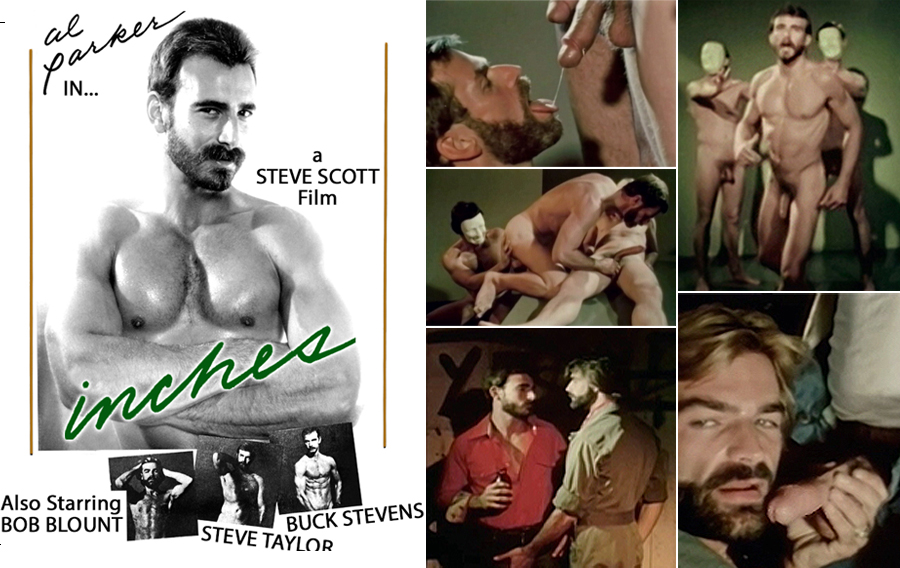By Josh Eliot
My spouse Tony Fontana and I are super-organized. We keep the place spotless. All things of importance have their own binders. The filing cabinet folders get edited yearly, and our desk calendar is always up to date. One thing we did during the initial Covid-19 lockdown was go through our photos and separate them into categories inside manila envelopes. A bit much? All that aside, the other day I was going through the envelopes to pull pictures for a recent blog about my past partner, Mark Rutter. Tony worked with Mark Rutter at the Gold Coast Bar and they shared a history as well, so I was looking to see if there were any shots in his envelopes with Mark. I didn’t find Mark, but I came across this one shot that kind of blew my mind. I pulled it out and went up to Tony and said: “Is that AL PARKER in your photo?”
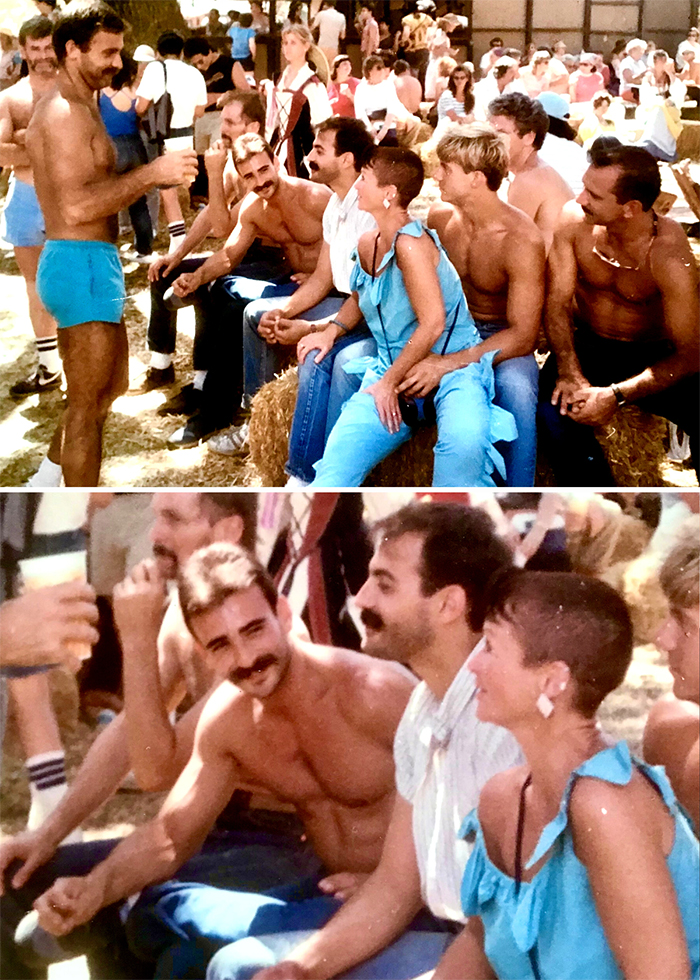
Al Parker and friends at a Renaissance Fair, 1980s
It was, in fact, Al Parker in the photo. Al and his group of friends were photographed at a Renaissance Fair in the 1980s. My partner Tony is standing in the photo facing the group of friends, which included the woman wearing the blue outfit. Probably a Fred Segal outfit, as she loved to shop there. Her name was Nancy Cole Sawaya, and she was the “glue” that united this large group of friends.
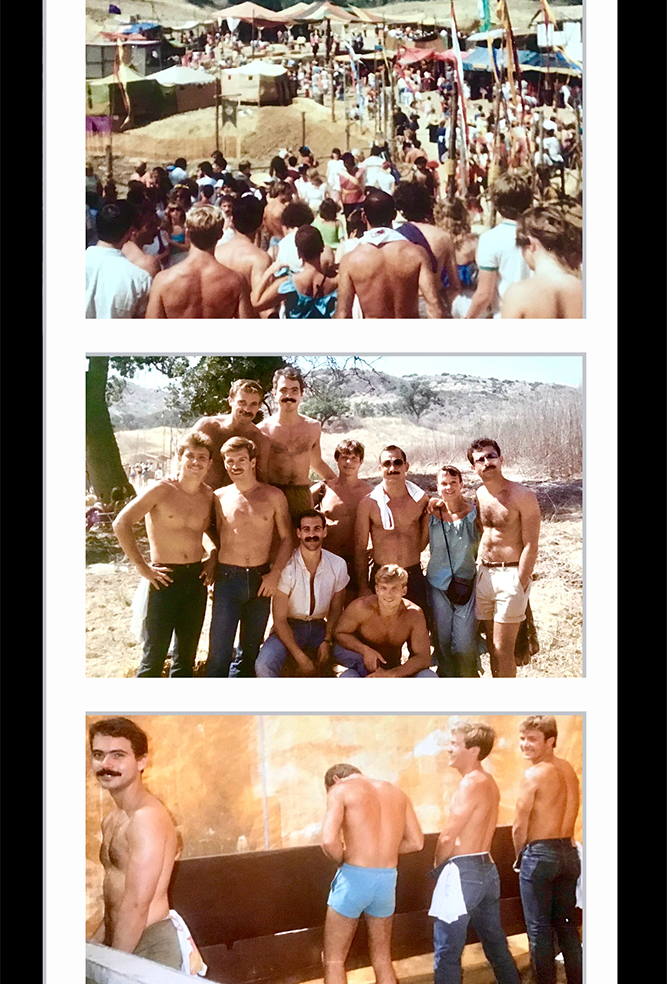
Al Parker's friends at Ren Fair
Nancy lived in a mansion off of LA’s infamous Mulholland Drive. A typical weekend for the group would be to start Saturday night off at Greg's Blue Dot, a Hollywood gay hot spot, whose clientele was the crème de la crème of the best looking studs. Around 1 a.m., the group would walk a few doors down to the members only disco Probe and stayed there until well past dawn. The Probe would feature “A-list” divas like Viola Wells , Angela Clemmons (“Give Me Just a Little More Time”), Fun Fun, Linda Clifford, Madleen Kane and many more. When Nancy and the boys showed up there, the staff would see to their quick entrance. After dancing the night away they would all end up at Nancy’s place poolside, where the party would go on throughout the day; even the DJs from Probe and Blue Dot would follow and spin records.
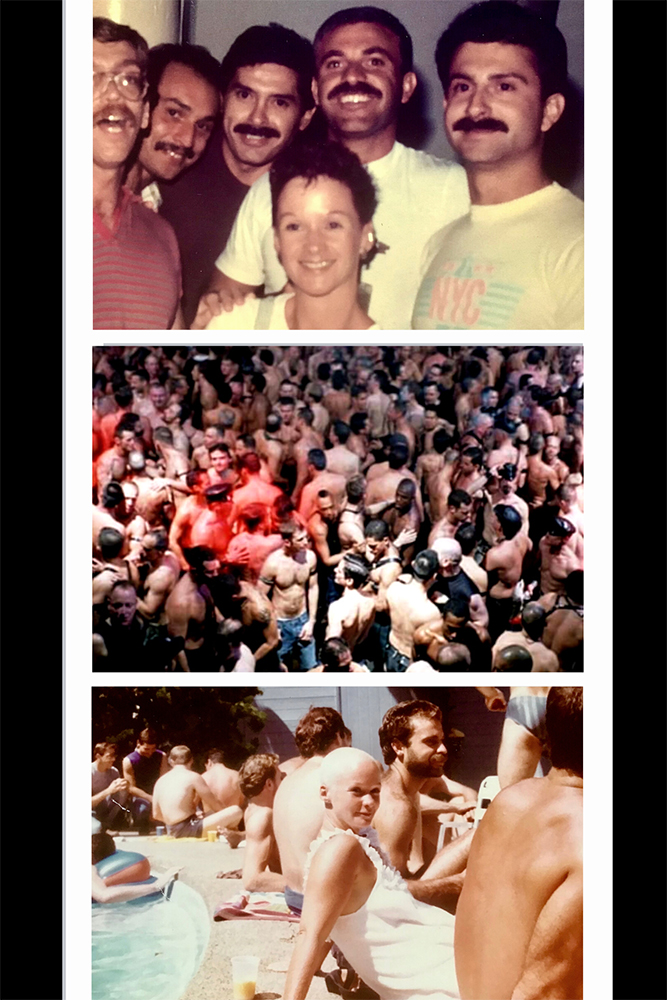
Nancy at Probe and a backyard pool
In October of 1982, Nancy and her friends Matt Redman, Ervin Munro and Max Drew attended an emergency meeting featuring a presentation from the San Francisco Kaposi’s Sarcoma Foundation about Gay Related Immunodeficiency Disease. Stunned by what they learned, these four friends set up a telephone hotline to answer questions from the community, because fear about the new disease was rampant. Over the holidays, Nancy and her small group of friends threw a Christmas party at her place called “A Christmas Present,” where guests were asked to donate money in the spirit of the season. Shortly after, Nancy took Tony to a small office in Hollywood on Cole Avenue she was thinking of renting to get his opinion. With the funds earned from the Christmas party, around $8000, she leased the office with her team of friends and offered counseling services to about twenty people known to have Acquired Immune Deficiency Syndrome, making it a first in Los Angeles County to do so. This small office, through it’s hard work and dedication to the gay community, became APLA, AIDS Project Los Angeles. APLA’s early fundraisers were held in gay bars and discos and they went on to raise millions of dollars over the next few years with the help of such celebrities as Joan Rivers and Elizabeth Taylor. Nancy served on the Board of Directors for nearly two years while continuously offering one-on-one counseling to the members.
Co-founders Nancy Sawaya and Max Drew tested positive for the disease and by August of 1986. Nancy had been hospitalized six times. Nancy and her husband Lou adopted a baby girl named Morgan who was two years old when her mother passed away in October 1986 at age 40. This was the same year Al Parker lost his partner of eleven years, Richard Cole aka Steve Taylor, with whom he started Surge Studios. Surge Studios was one of the first studios to mandate safe sex practices. Al Parker passed away on August 17th 1992, also at the age of 40, and his ashes were scattered near the nude section of San Gregorio State Beach. Seeing both Al and Nancy in this random photo and hearing these stories about them was really quite extraordinary. They both became icons of gay history, giving so much of themselves to the gay community. Such a tragedy to lose them both so early in life.
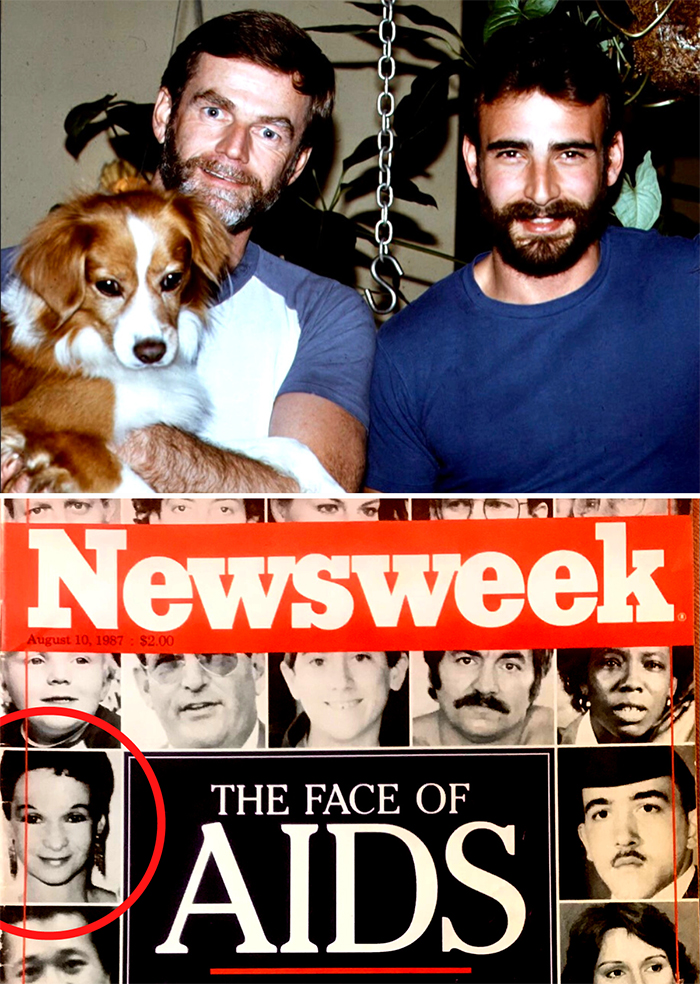
Al Parker and Richard Cole (Steve Taylor); Nancy on Newsweek cover
As I started to put away the photos, I saw a manila envelope labeled “Tony and Friends,” so I thought I would look in that one to see if there were any more shots of Al or Nancy. I carefully scanned each and every photo, checking to see if I could recognize any faces when suddenly... I saw another one! Tony was facing the camera making a silly face, but it was the person who was to the right of the shot that again blew my mind. I took the photograph, marched down the hallway to the office, went up to Tony again and said : “Is that ESTELLE GETTY from GOLDEN GIRLS in your photo?”
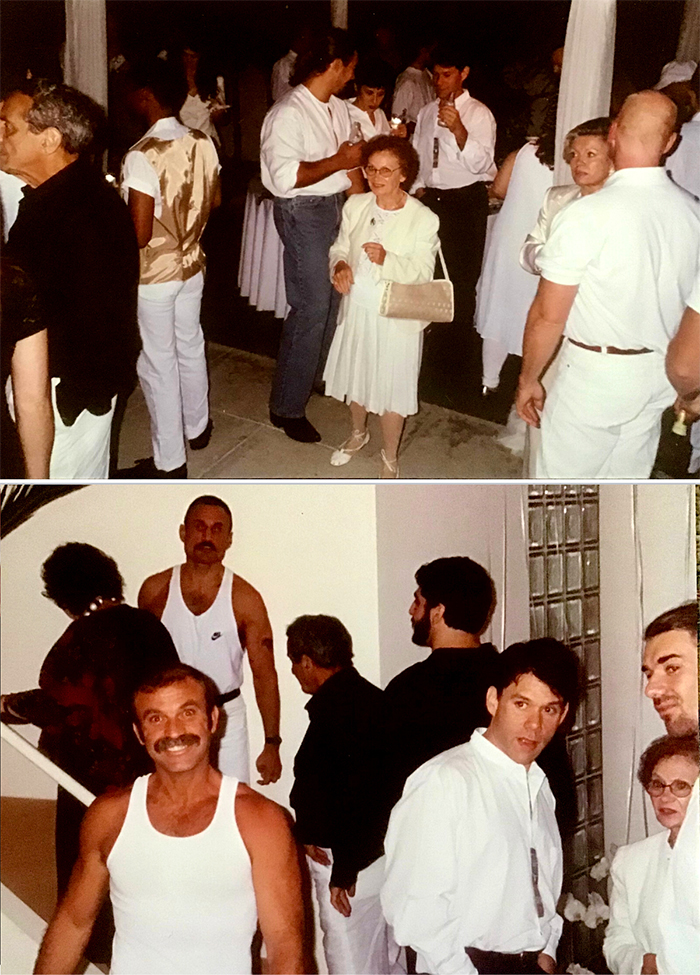
Estelle Getty at a West Hollywood party, 1980s
Thank you to Josh Eliot for use of his photos.
Bio of Josh Eliot:
At the age of 25 in 1987, Josh Eliot was hired by Catalina Video by John Travis (Brentwood Video) and Scott Masters (Nova Video). Travis trained Eliot on his style of videography and mentored him on the art of directing. Josh directed his first movie, Runaways, in 1987. By 2009 when Josh parted ways with Catalina Video, he'd produced and directed hundreds of features and won numerous awards for Best Screenplay, Videography, Editing, and Directing. He was entered into the GayVN Hall of fame in 2002.
You can read Josh Eliot's previous blogs for Bijou here:
Coming out of my WET SHORTS
FRANK ROSS, The Boss
Our CALIGULA Moment
That BUTTHOLE Just Winked at Me!
DREAMLAND: The Other Place
A Salty Fuck in Saugatuck
Somebody, Call a FLUFFER!
The Late Great JOHN TRAVIS, My POWERTOOL Mentor
(Un)Easy Riders
7 Years with Colt Model MARK RUTTER
Super NOVA
Whatever Happened to NEELY O’HARA?

